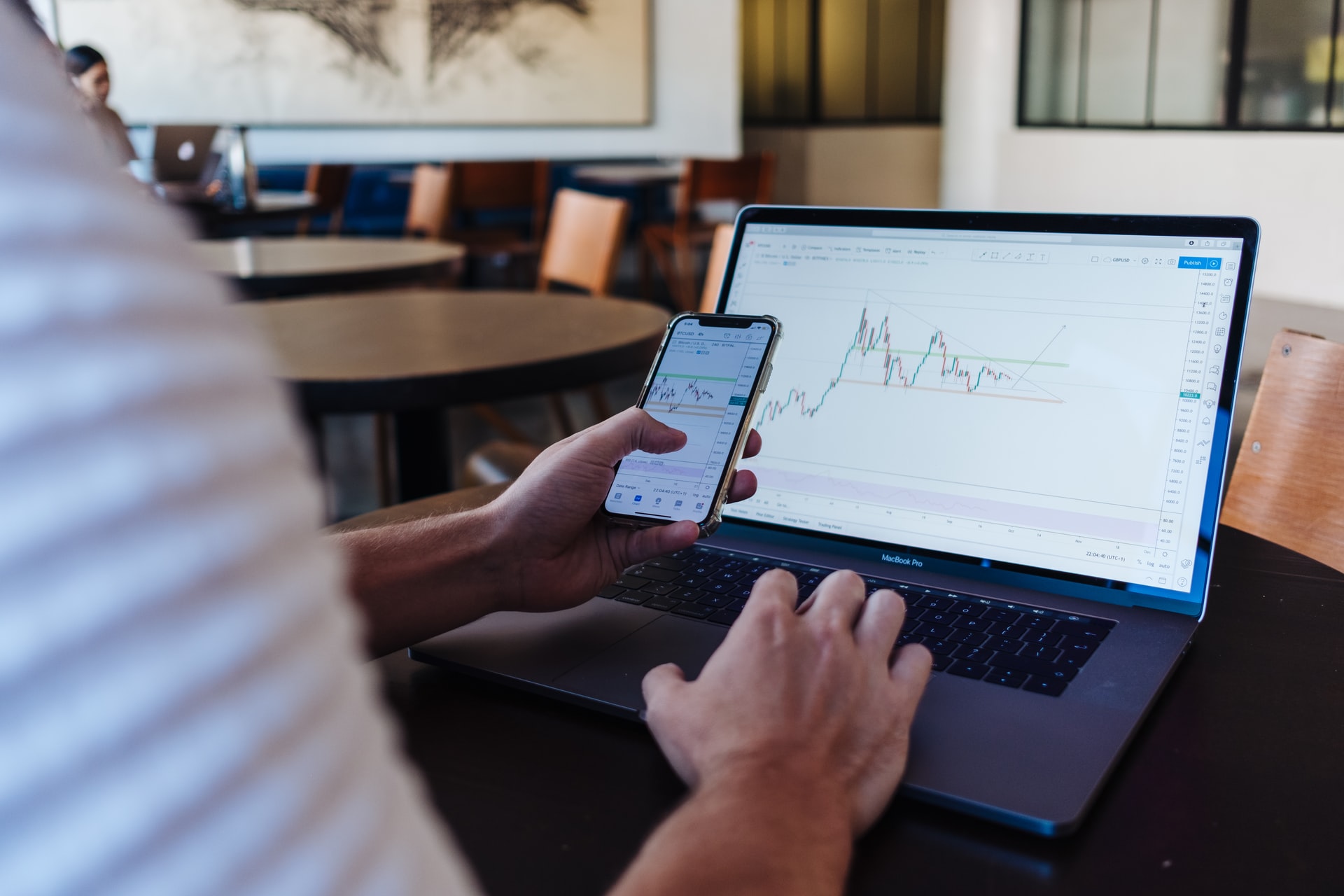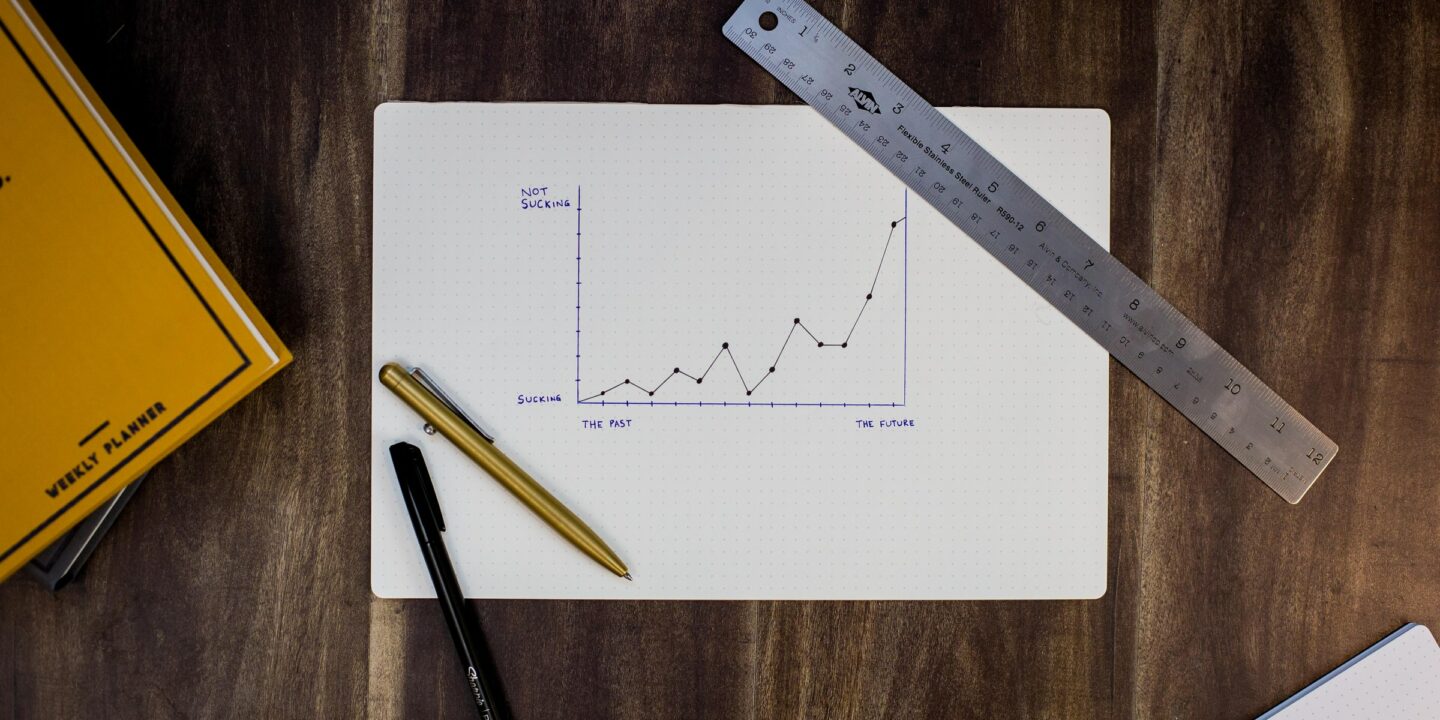
- (This article first appeared as a Youtube video. Watch it here)
If you have a credit card, a mortgage, a car loan, or any other consumer loan, it’s a good thing that you’re concerned about what happens when interest rates rise because they’re likely going to affect you in one way or another.
Economic fundamentals tell us that rising interest rates always trickle down to affect personal loans. According to the Center for American Progress, the average household will pay about $200 more annually if interest rates rise by half a percent. This payment rises to $400 more if interest rates rise by 1 percent.
The Federal Reserve has projected three to four interest rate hikes this year, which makes preparing for them more important than ever.
In this article, we’ll look at what happens when interest rates rise and what causes them to rise in the first place. We’ll also look at its impact on other sectors of the economy like the stock market, bond market, and housing market.
- Related:
- Mistakes To Avoid When Interest Rates Rise In 2022
- What Stocks Do Well When Interest Rates Rise?
- Could Sanctions on Russia Affect You?
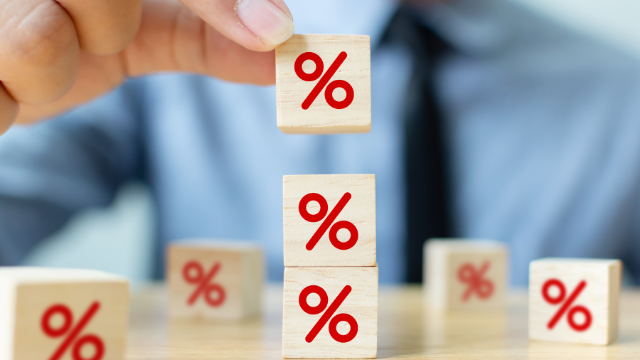
In This Article
- What causes Interest rates to rise?
- What happens when interest rates rise?
- How rising interest rates affect the stock market
- How rising interest rates affect the bond market
- How rising interest rates affect the housing market
- How rising interest rates affect savings accounts
- When will the Fed raise interest rates?
- Bottom Line
What causes Interest rates to rise?
The Federal Reserve is solely responsible for any changes in interest rates. And one of the main reasons for raising interest rates is to combat rising inflation and avoid hyperinflation.
The Federal Reserve’s primary duty is to maintain economic stability. It prevents the economy from running too hot and into inflation or running too cold to descend into deflation and high unemployment.
And to do this, the Fed has several tools at its disposal, the most effective one being its ability to affect interest rates throughout the economy.
When you hear people talk about the Federal Reserve raising interest rates, what they’re referring to is the federal funds rate, which is a reference for the interest rate banks charge one another for overnight loans.
Overnight loans are loans taken by banks to meet the cash reserves requirements set by authorities such as the Federal Reserve. These regulations are put in place to avoid banks going bankrupt just because they didn’t have enough cash reserves to meet their customers’ demands.
In summary, the rise in the federal funds rate increases the cost of taking out overnight loans by commercial banks, which in turn affects other interest rates such as the U.S. Prime Rate.
From here, it’s just a ripple effect that impacts other interest rates like credit card interest rates, mortgage rates, auto loan rates, and other consumer loan interest rates.
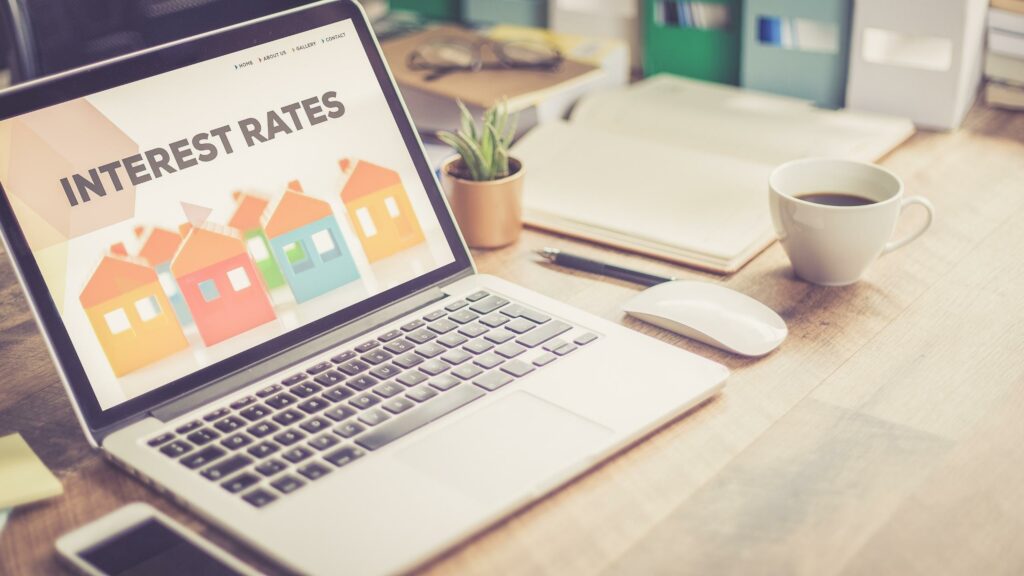
What happens when interest rates rise?
When interest rates rise, the first thing to be affected is the cost of short-term borrowing for banks and other financial institutions. This often has a cascading effect on the rest of the economy as banks also increase the rates they charge consumers to borrow money.
So, when interest rates go up, borrowing money becomes more expensive for businesses and consumers because they have to pay higher interest on loans.
Those who are unable or unwilling to make the additional interest payments postpone projects that require borrowing. It also encourages consumers to save money in order to receive larger interest payments. This reduces the amount of money in circulation, which tends to lower inflation and moderate economic activity—or, to put it another way, cools the economy.
Let’s look at a scenario where an increase of only 1% could profoundly affect your lifestyle and the ability to build wealth.
Say you’re looking for a home that costs around $400k. The bank is willing to offer you a 30-year fixed-rate mortgage of 3.8%. At the end of the 30-year loan repayment period, you’ll have paid a total of $661,500 which includes a total interest payment of $261,500. Your monthly payments will be about $1800.
Now let’s say the Fed increases interest rates by 1% just before you can get the loan from the bank. The bank is now forced to increase its mortgage rate to 4.8%. The same house worth $400k will now cost you a total of $743,000 after the 30-year loan term, with interest payments totaling $343,000. Your monthly payments will now be about $2,025.
Such a sudden increase in housing expenses may cause you to postpone buying a home and miss out on several years of building wealth.
Additionally, individuals and businesses who have loans with adjustable interest rates could see their monthly payments increase drastically. If they weren’t prepared for such eventualities, they could experience a lot of difficulties trying to make ends meet.
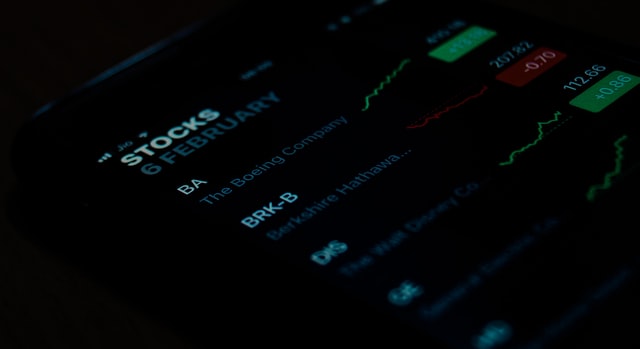
How rising interest rates affect the stock market
When the Federal Reserve increases the interest rate, it affects the stock market in the following two ways.
First, it becomes more expensive for companies to borrow money, leading to less investment and slower growth. Consumers, on the other hand, avoid spending and postpone big purchases, meaning businesses don’t have as many customers anymore. With time, higher business costs and less demand for their products lead to lower revenues and earnings. When investors see dwindling growth in companies, they sell out of the stocks, and stock prices fall as a result.
Second, higher interest rates can make bonds more attractive than stocks. When investors buy bonds, they are essentially lending money to the government or a company. As interest rates go up, the return on those investments gets higher. If investors sell their stocks and buy bonds, it leads to a drop in stock prices.
Read More: How to Prepare for a Stock Market Crash In 2022
How rising interest rates affect the bond market
An increase in interest rates means that any new bonds coming into the market will have a higher yield (return) than existing bonds. This causes the price of existing bonds to drop immediately as investors anticipate better returns from soon-to-be-released bonds.
How rising interest rates affect the housing market
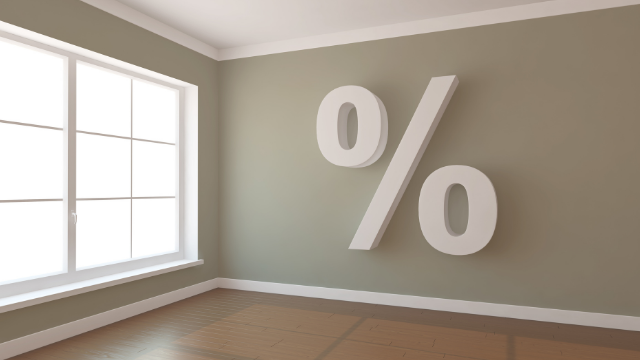
The general expectation is that housing prices will fall or plateau as interest rates and mortgage rates rise.
That’s because high mortgage rates mean increased monthly payments that many people can no longer afford. It then makes people delay home purchasing leading to a drop in the demand for homes and thus lower prices.
This is, however, not always the case. Many other factors affect home prices, one of them being inventory. If there’s a shortage of homes, prices might remain elevated despite rising interest rates.
Read More: Should I Buy A House Now Or Wait?
How rising interest rates affect savings accounts
While interest rates are unfavorable to borrowers, they are perfect for those who’ve saved money in savings accounts.
When the Fed raises interest rates, the annual percentage yields(APY) offered by banks for savings accounts also increase, making savers the biggest beneficiaries.
Ultimately, rising interest rates discourage consumer spending and incentivize saving.
Read More: 6 Reasons To Save Money: You Won’t Believe How Important It Is!
When will the Fed raise interest rates?
The Fed is expected to raise interest rates during the next FOMC (Federal Open Market Committee) meeting on March 15-16.
The FOMC meets eight times a year to decide on the country’s monetary policy and set the target range for the federal funds rate.
Their most recent meeting took place on January 25-26.
Bottom Line
In summary, here’s what happens when interest rates rise:
When the Federal Reserve increases the federal funds rate, it’s a sign that interest rates are going to increase. This usually leads to an increase in all other interest rates because this is the rate banks use as a basis for setting their own interest rates.
If your loans are based on a fixed interest rate, they’re immune to any changes to interest rates.
However, if any of your loans have a variable interest rate, start adjusting your spending to accommodate higher monthly payments or negotiate with the bank to get a fixed rate instead.













